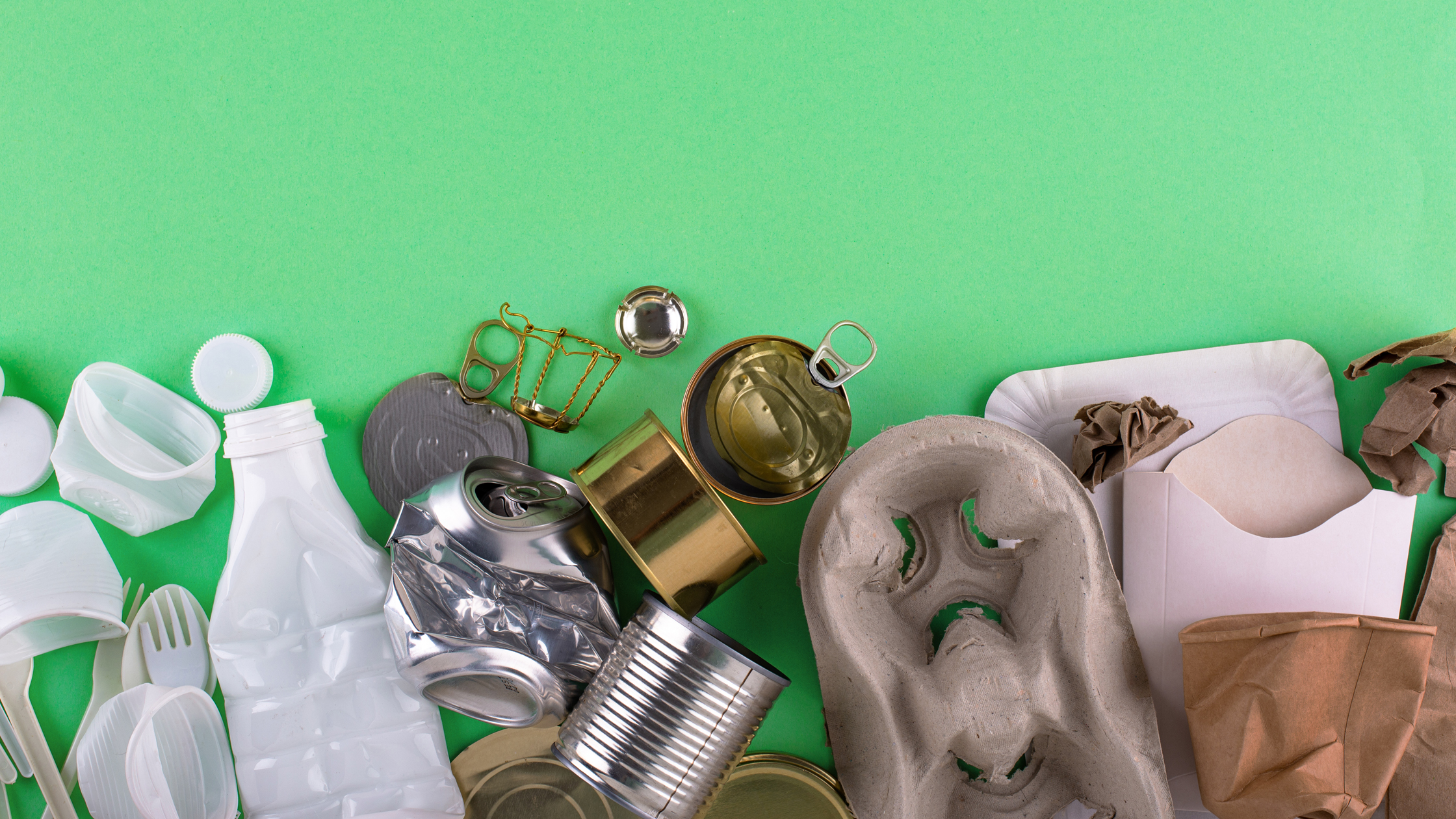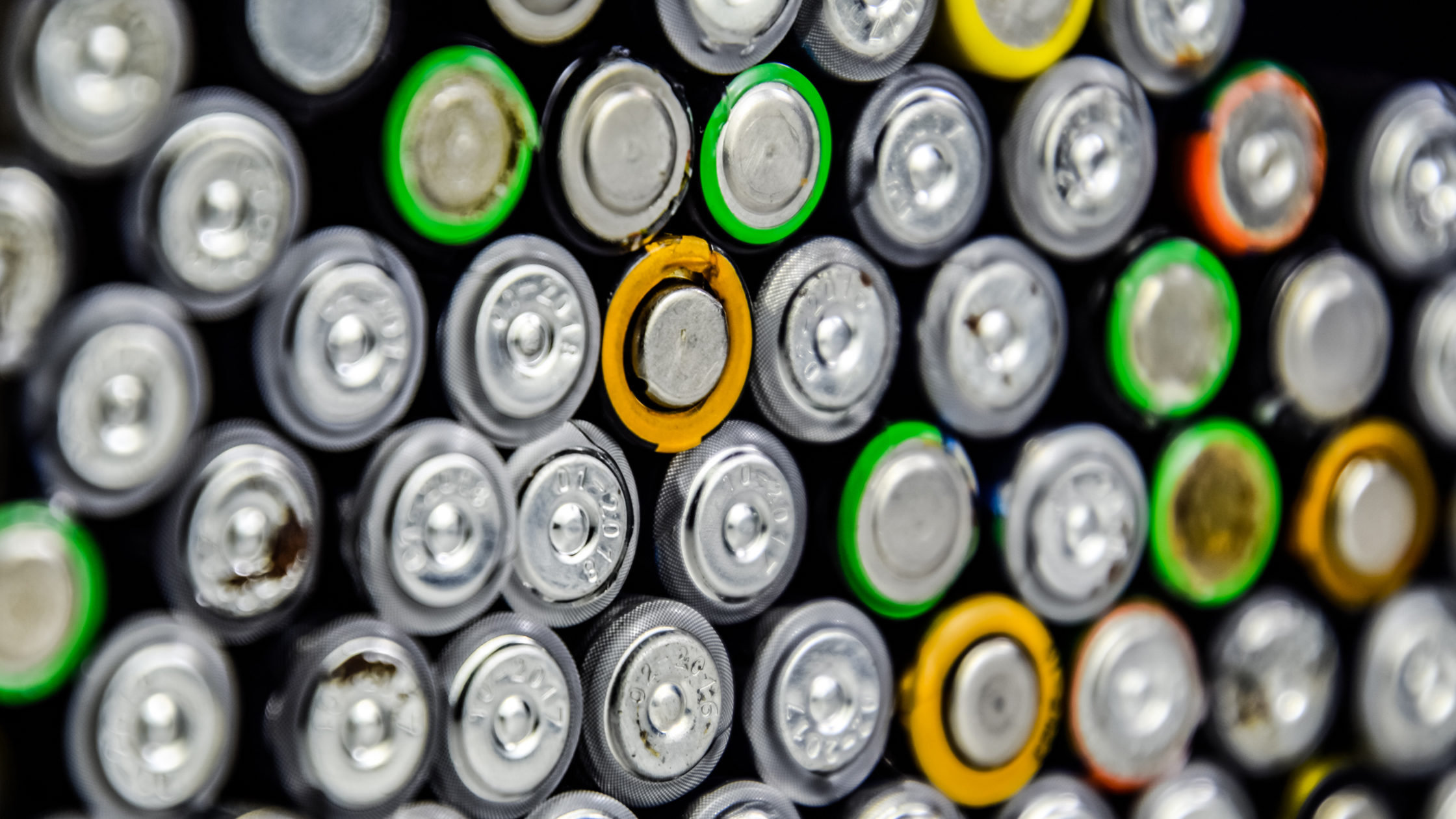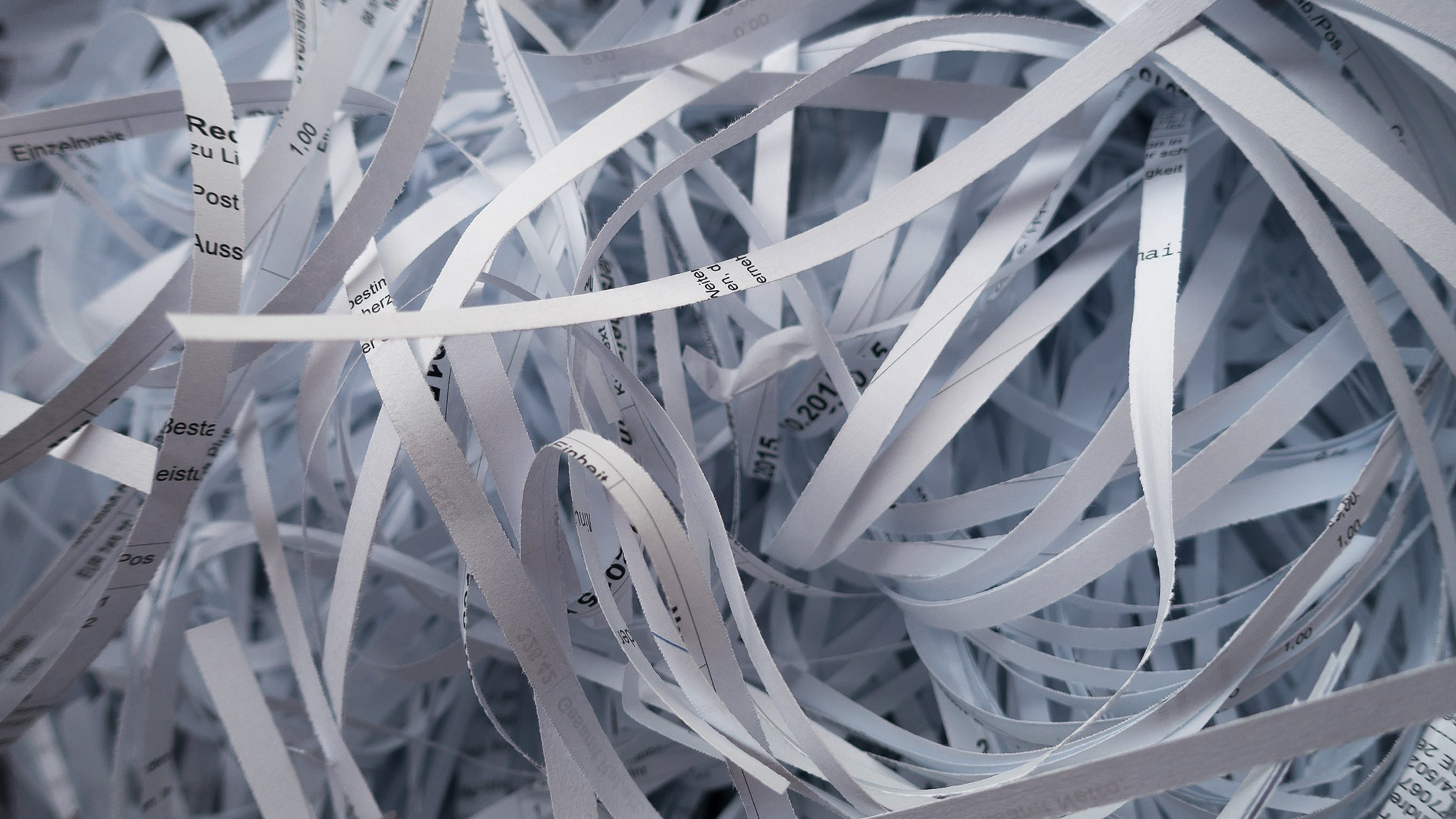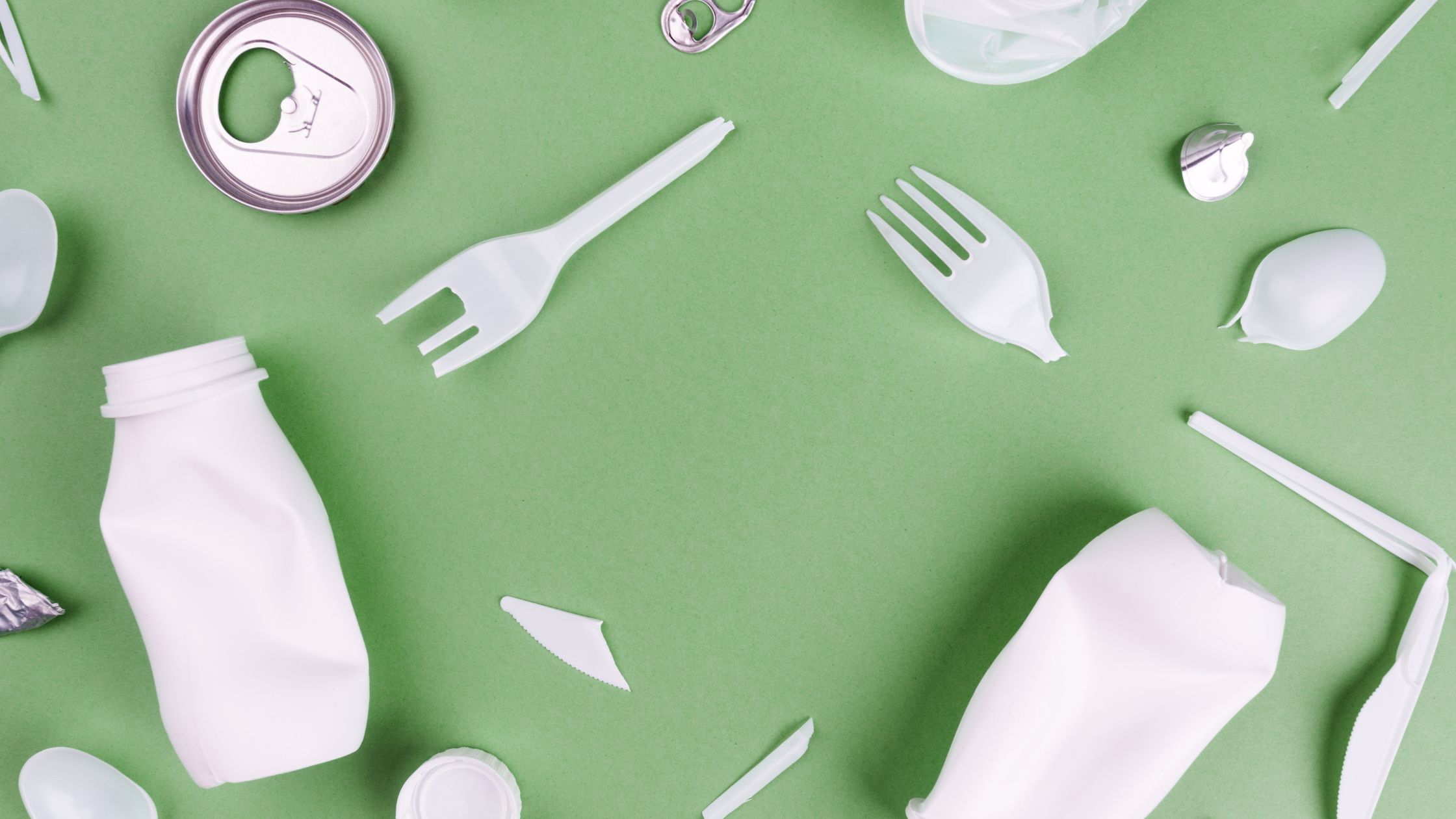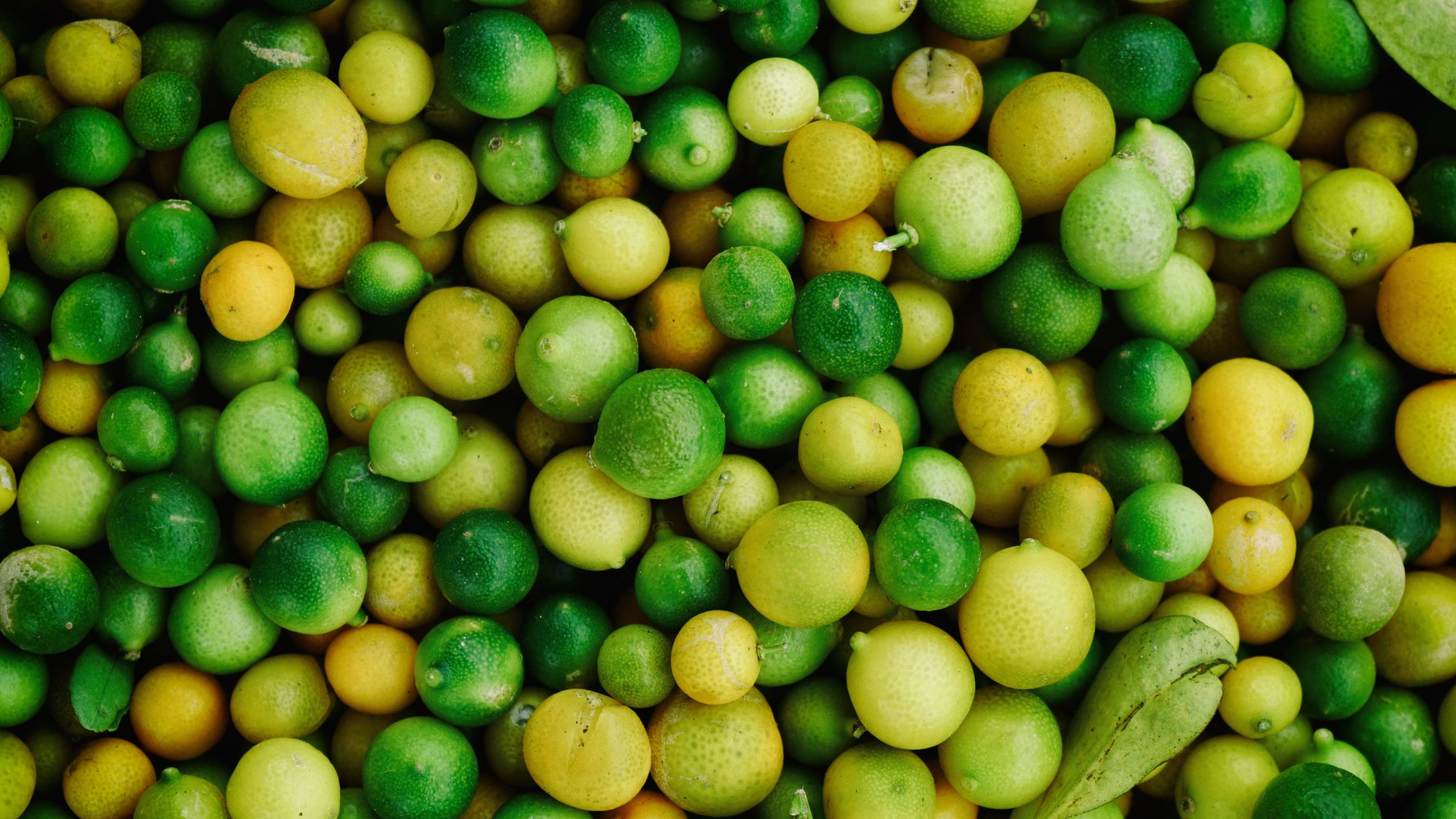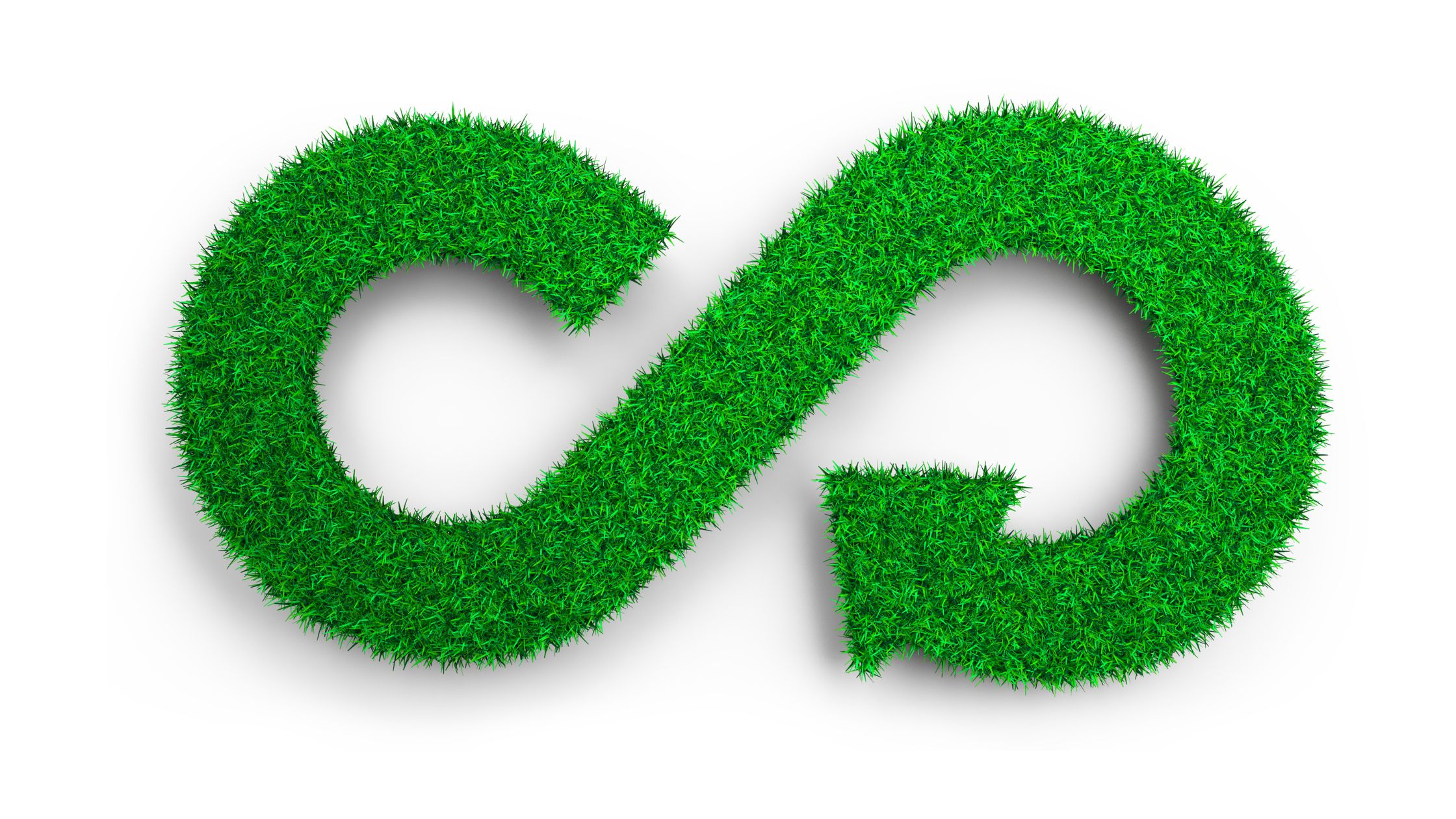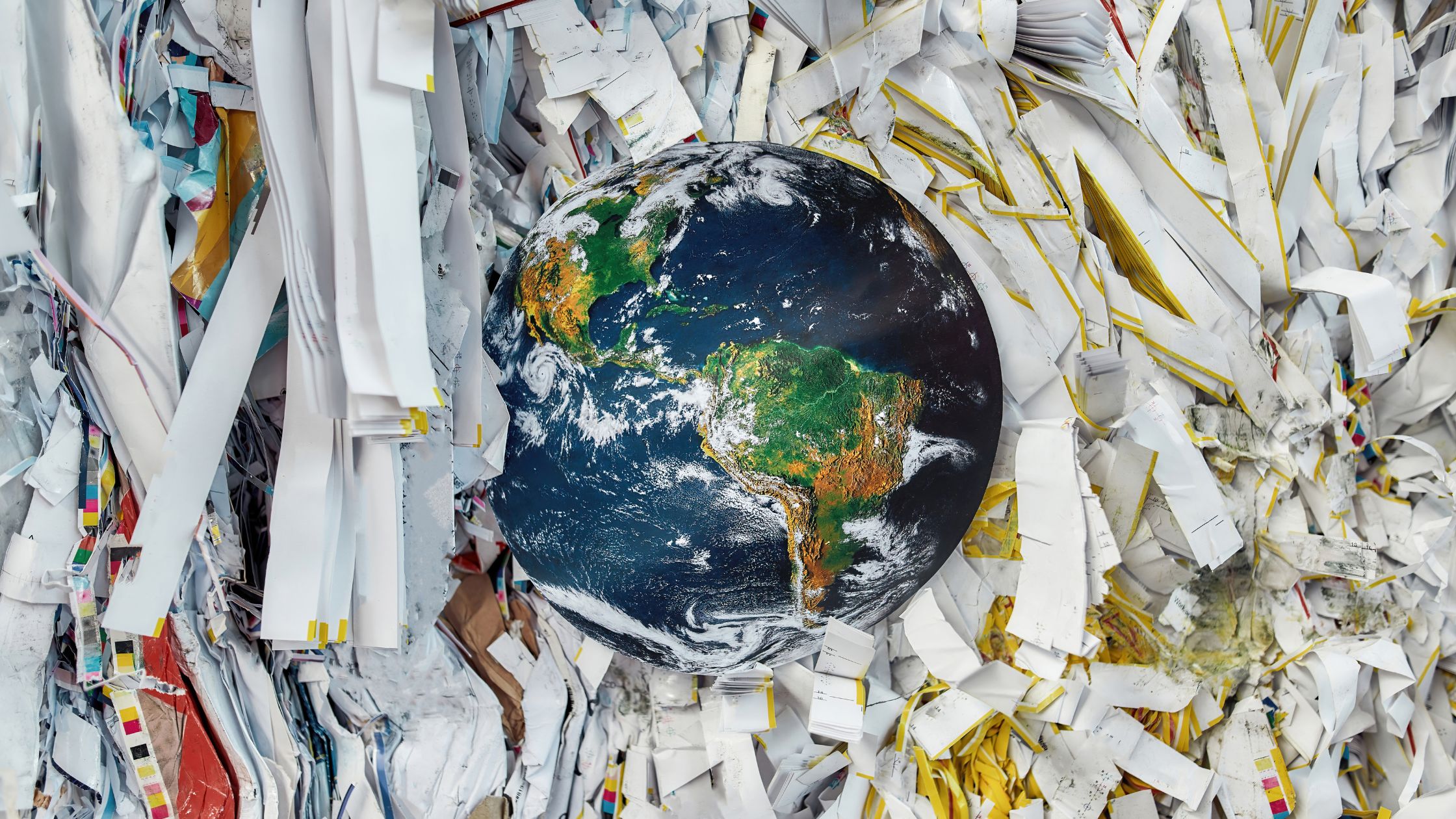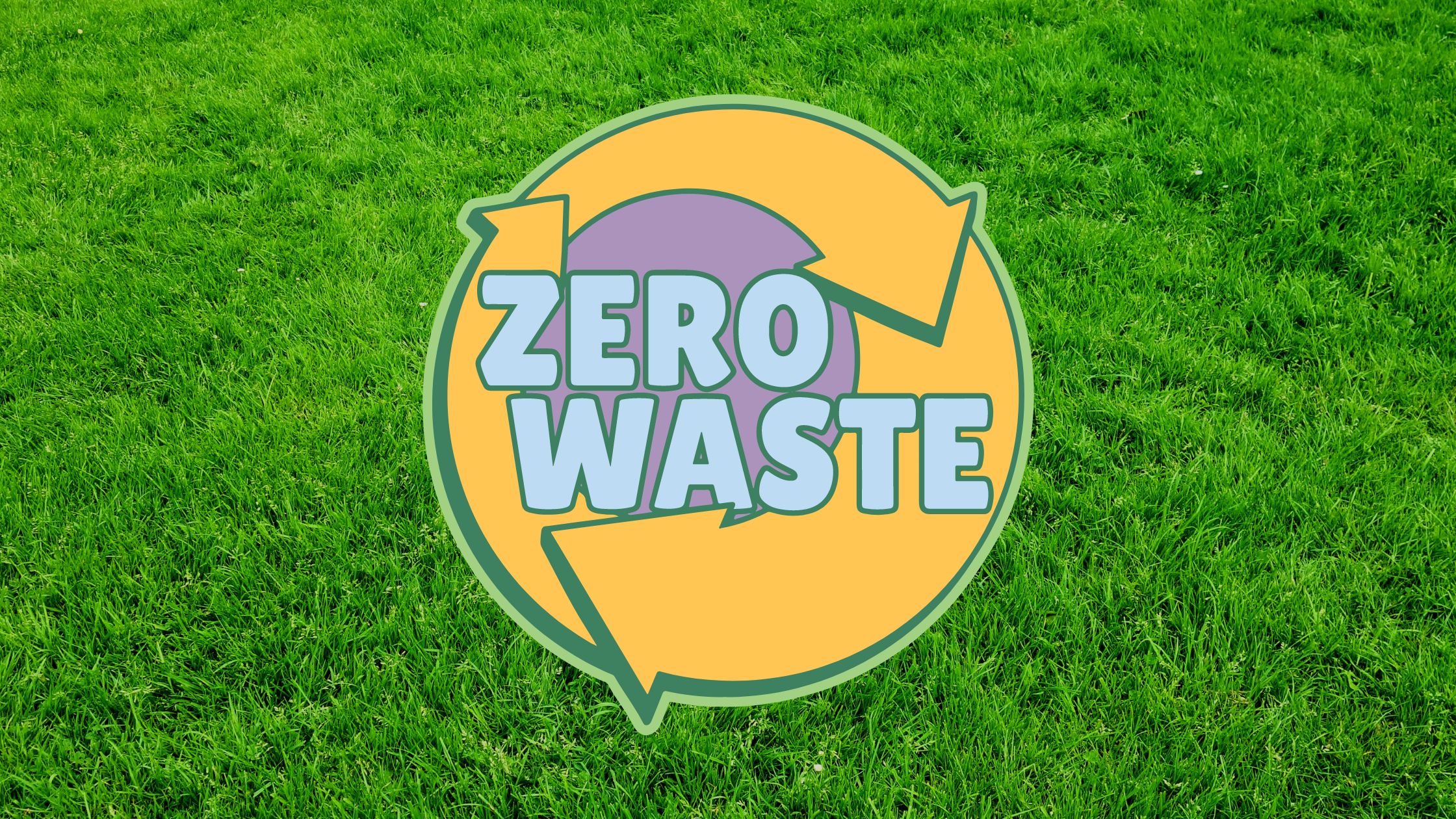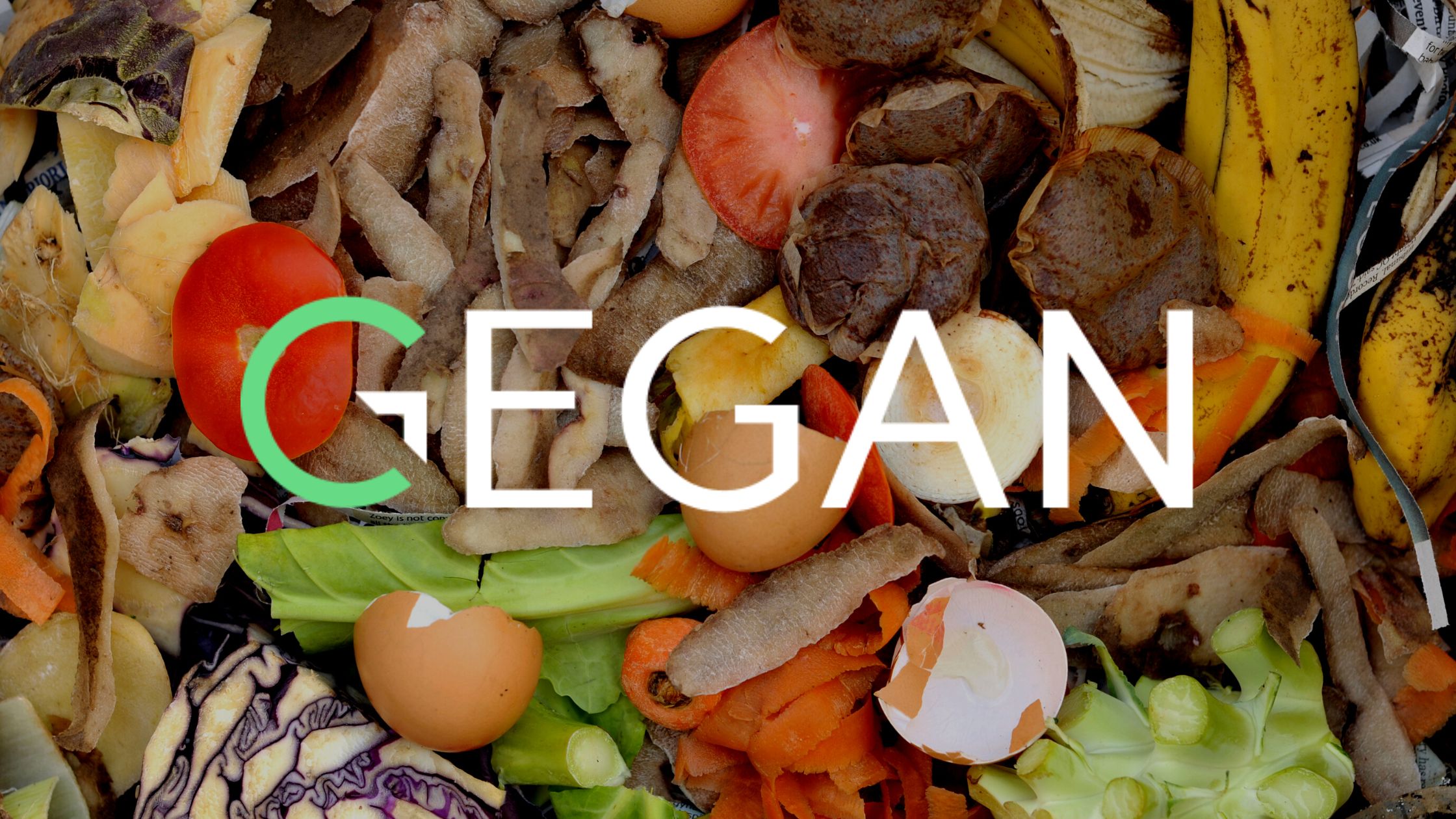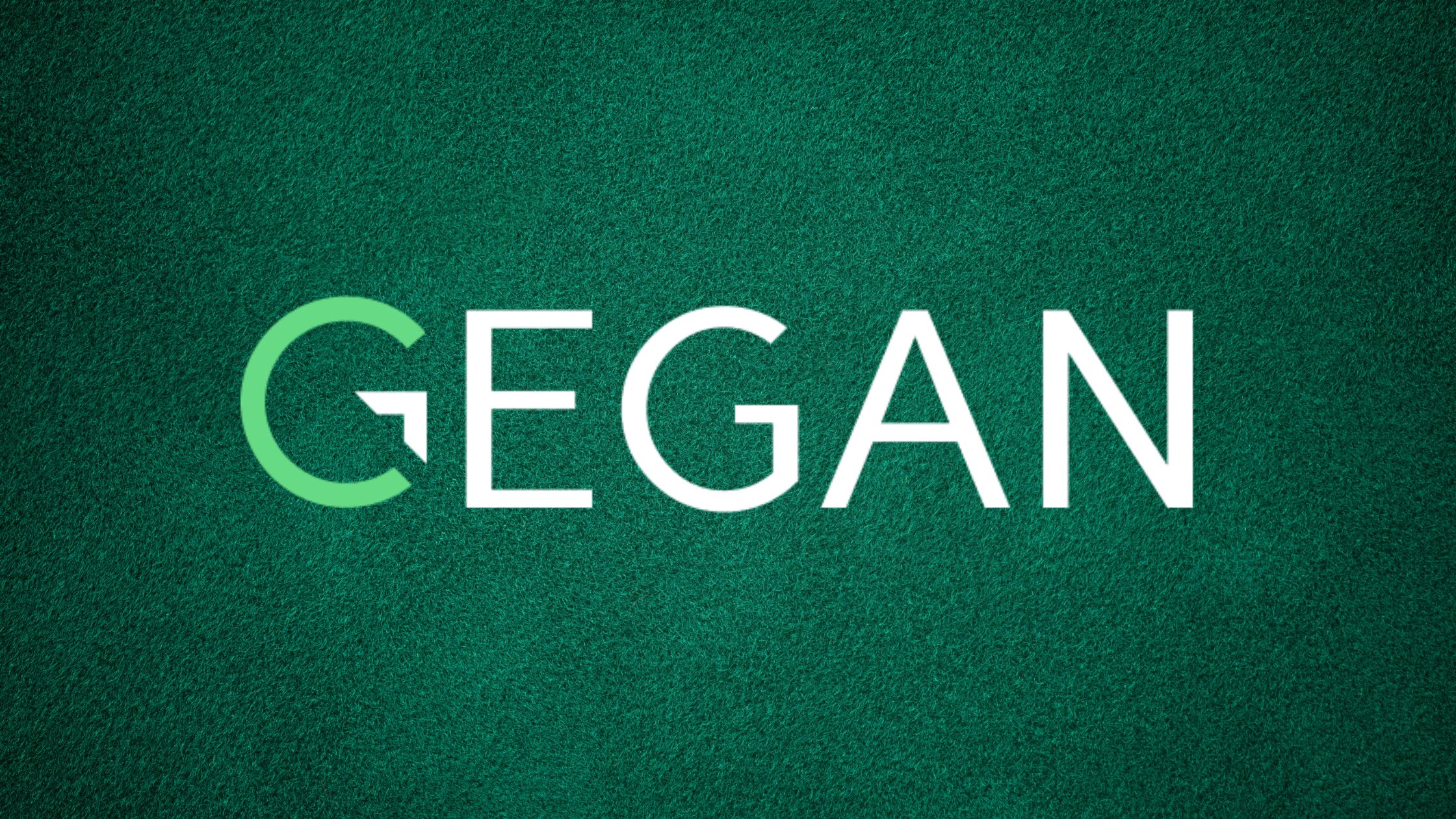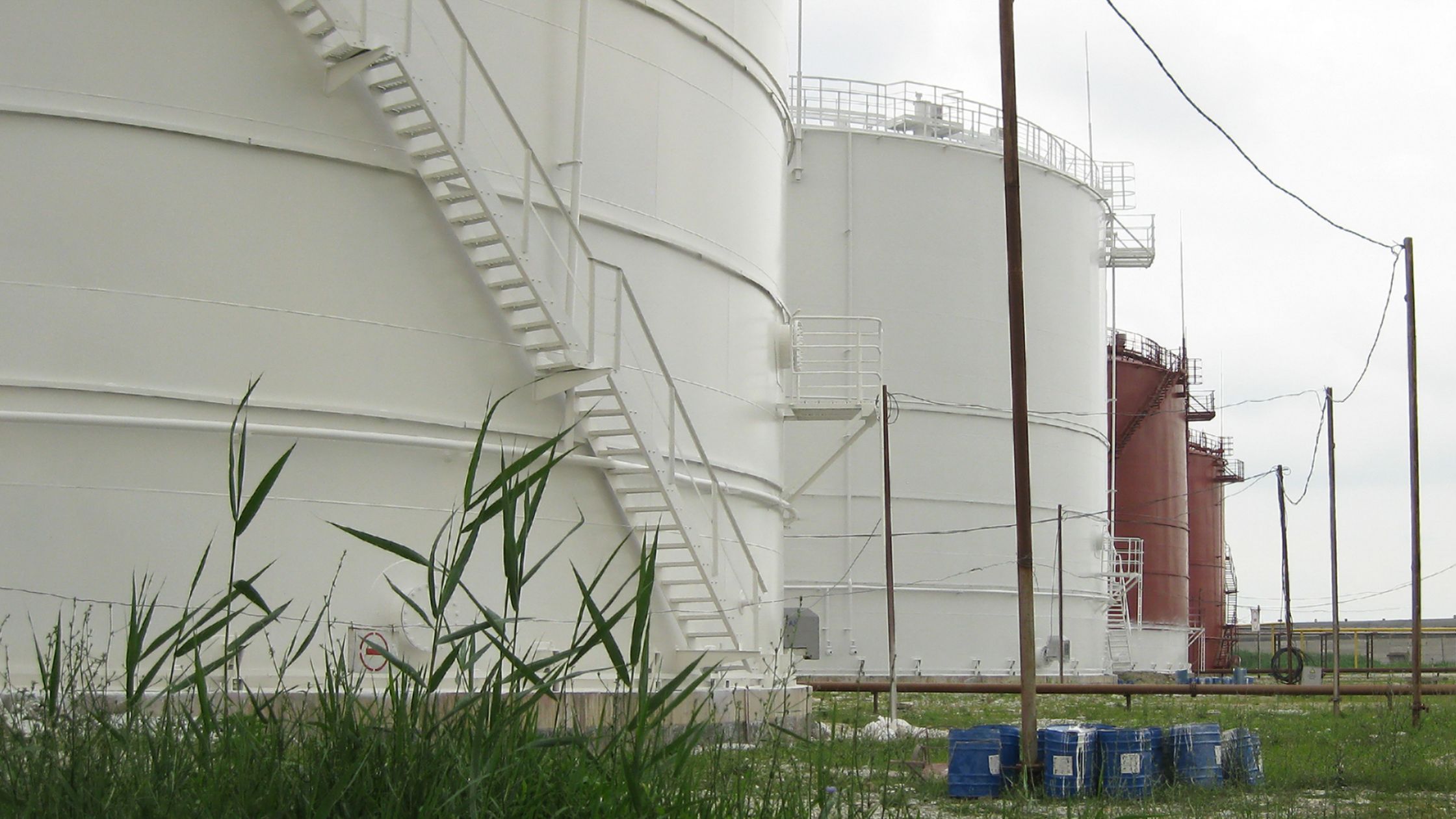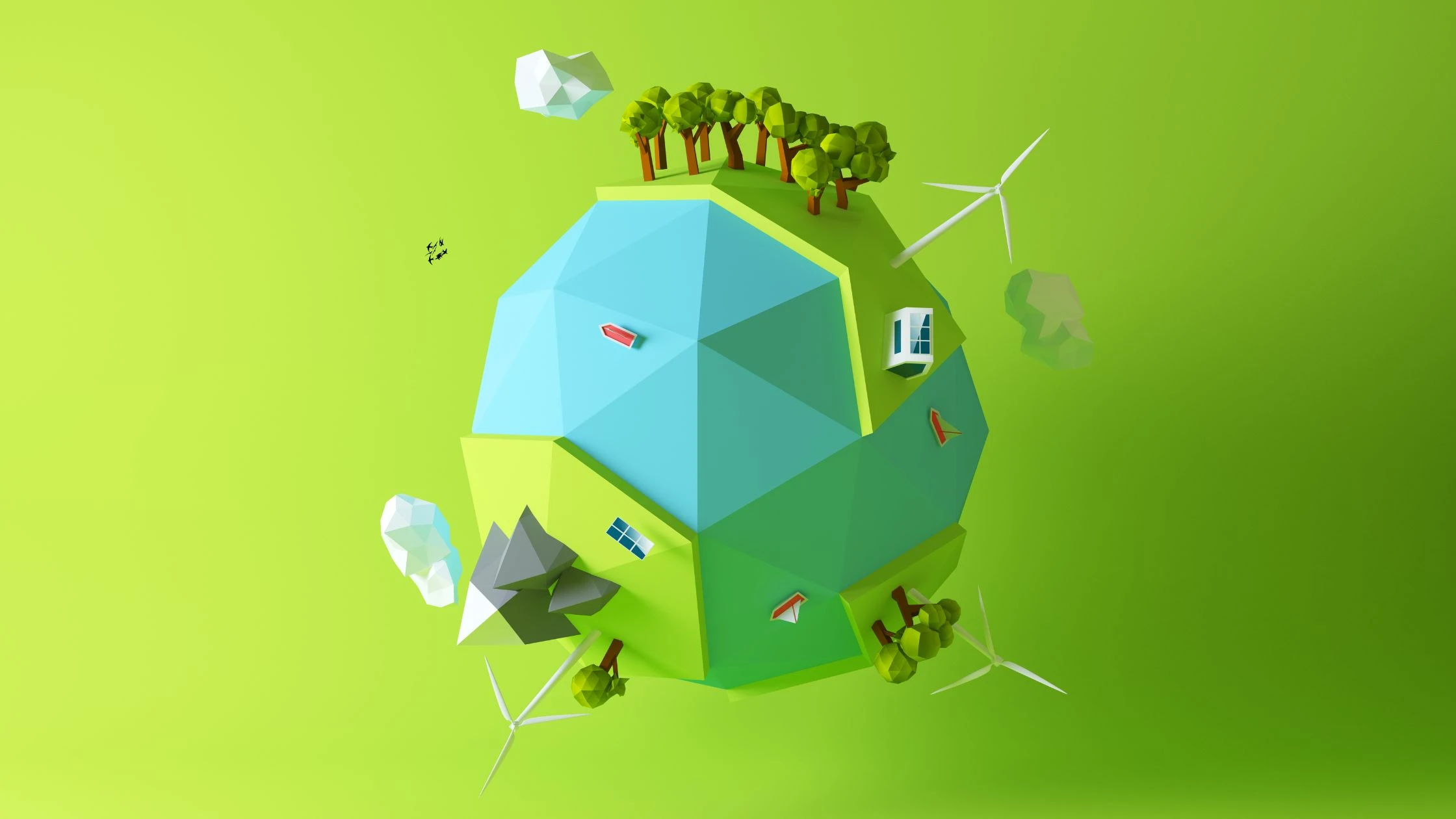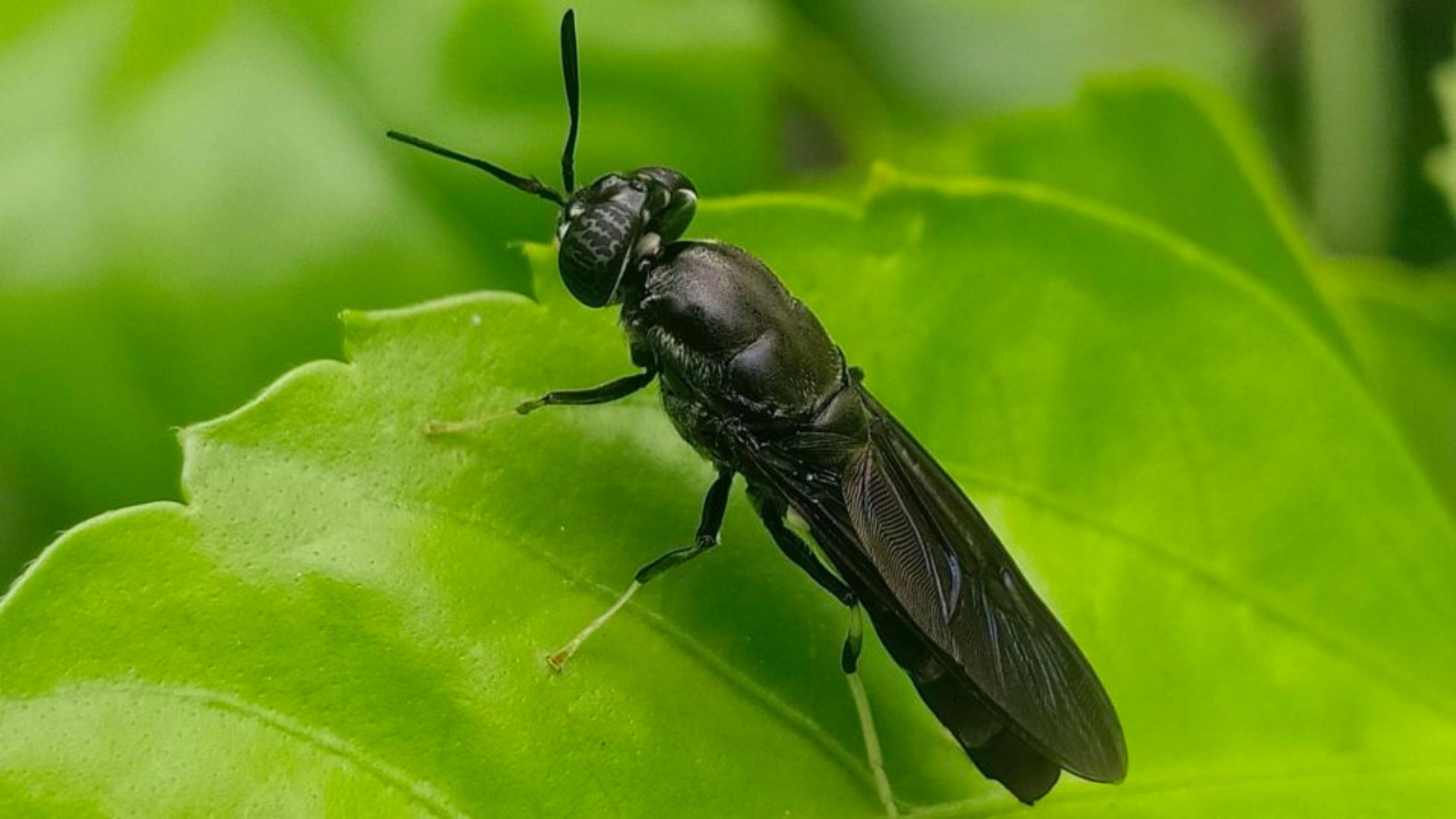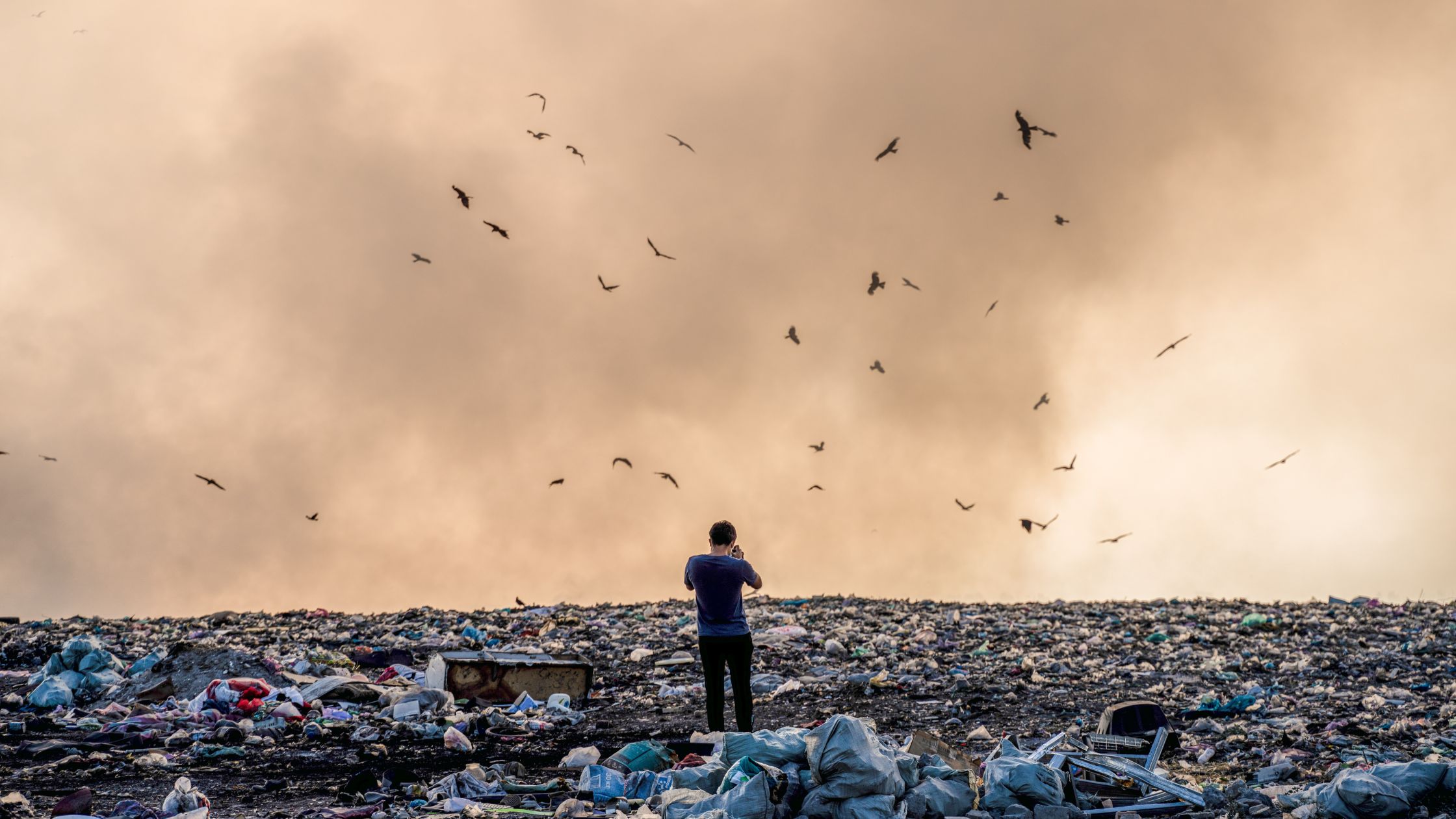
It’s tempting to start this off with a dictionary definition* as the title is giving off some pretty strong school essay vibes. We’re going to try and resist that temptation though, and instead launch into something a bit more grown-up.
We’re a waste management company.
We reckon that when we say ‘waste management’, 80 per cent of people immediately think of smelly rubbish or bins with liquid dripping out of them. There’s no denying that there might be some of that in waste management, but it’s not everything.
Let’s dive in and uncover more of what’s involved with waste management.
What is waste management?
Waste management covers a lot. It begins when you decide something is waste and throw it away and continues until that waste has been finally disposed of.
Typically, it includes:
-
Supplying the waste containers – whether this is 240 litre wheelie bins, food skips or 28-tonne bulkers.
-
Regularly collecting the waste – from taking your green waste away for composting to picking up your cardboard for recycling at an accredited mill.
-
Processing/treating the waste – a whole range of options are available including having your own on-site anaerobic digestion plant!
-
Disposing of the waste – up to, and including, secure destruction of highly-sensitive or confidential materials.
All within tightening legislation and increasingly complicated regulations.
Why good waste management matters
Like much of life, it’s not just about what it is but also how well it’s done!
Good waste management matters a lot because of its impact on the environment. We mean ‘environment’ in several ways:
-
On a smaller scale (but not unimportant to the people nearby), having decent waste containers that all waste items goes into means that there’s less litter or fly-tipping. More broadly, this also protects the environment from pollution and contamination.
-
Treating and processing waste correctly means that, wherever possible, waste can be recycled or repurposed to create further value. This can avoid the need to send any waste to the landfill, which is a huge deal given that we’re running out of landfill space and they’re hugely bad for the environment.
-
Recycling helps conserve natural resources and reduces energy demands (as we don’t need to keep producing more of the same).
-
Inappropriately disposed of waste can be harmful to people, animals, and, in fact, entire eco systems!
Good waste management is also good for your wallet
Let’s use our compactAD plant as an example. It’s a modular anaerobic digestion plant that allows you to generate your own clean energy on-site from your organic food waste. The clean energy it creates is biogas, which can generate upwards of 100kWh per hour of electricity and heat.
Clean energy, created from waste you no longer need? Perfect.
What’s more, as businesses are now paying, on average, 18.82p per kWh, the savings could quickly mount up.
If you’d like to talk more about waste management (and who wouldn’t?), get in touch! We can even arrange a free on-site audit for you.
*We couldn’t resist looking. Dictionary.com doesn’t have a definition for waste management: called it a misspelling and asked us if we meant ‘estrangement’. We didn’t – obviously! Good job we already knew all about waste management.
Ready to start being an Earth saviour?
Contact us today.


